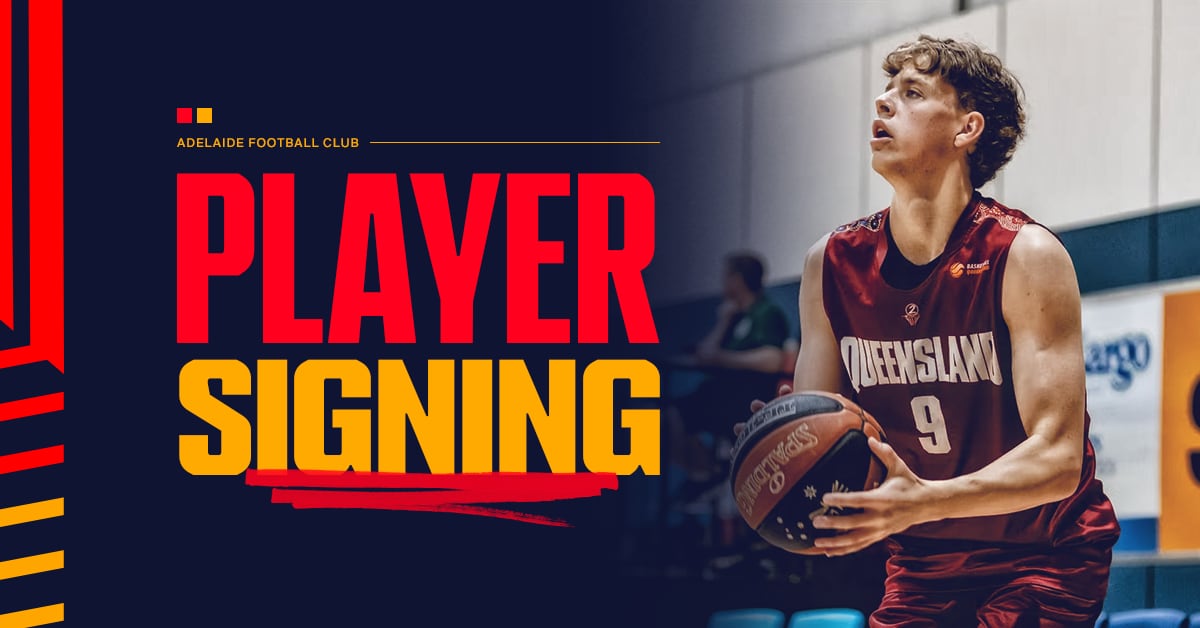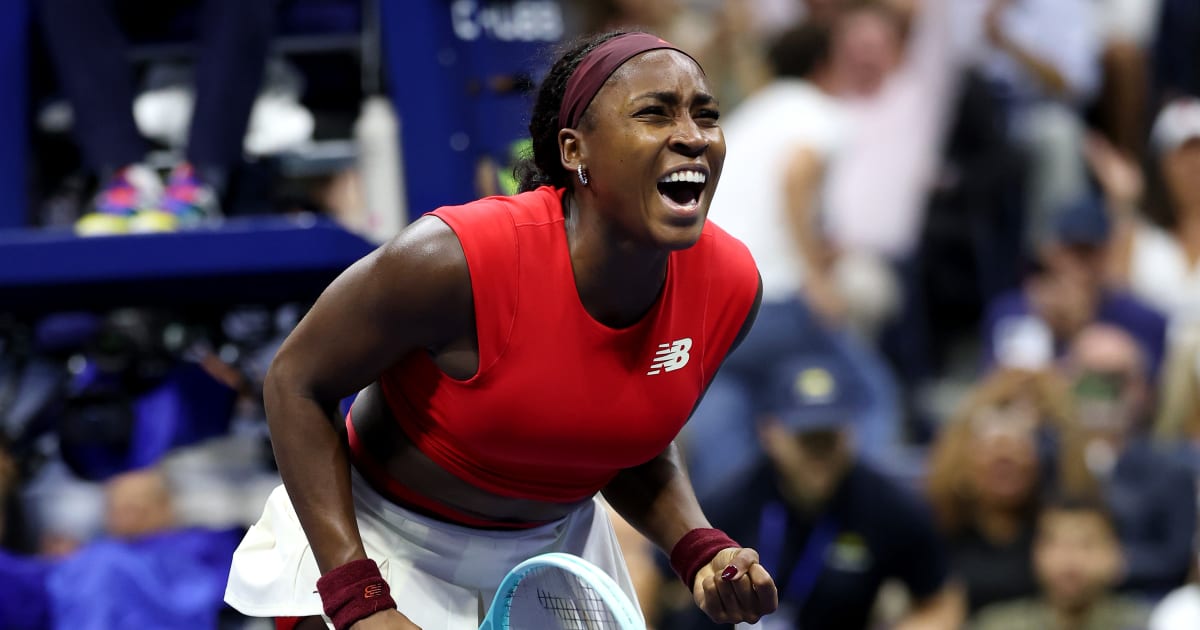Terry McLaurin’s extension shows how the Commanders will do business going forward

It only matters to Terry McLaurin’s accountant what he’s actually pulling down in guaranteed money with his new three-year extension. Who “won” the negotiation is talk radio blather. That McLaurin got $29 million in average annual value instead of the $32 million he sought is something they “debate” on ESPN. The deal is worth “up to” $96 million over three seasons in the same way I can get “down to” 175 pounds if I’d just eat a little better and work out a little more. It’s an aspiration, not reality.AdvertisementBut, again: The actual numbers don’t matter.Just as predicted, neither side is likely all that happy with the final resolution. But the Commanders offered, and McLaurin signed, and we’re 12 days away from the season opener at Northwest Stadium — a game for which No. 17 will now suit up and play, with fuller pockets, including a $30 million signing bonus.What does matter, though, is that there was an actual negotiation. And that’s the big ol’ marker general manager Adam Peters has slapped down on the table, a year-plus into his stint here.Under New Management.The Commanders are no longer the place where you pick up your golden handshake on the back nine of your career. Where there was financial anarchy during the worst of the Snyder Era, there is now rock-ribbed discipline.It’s not show friends, Bob Sugar said in “Jerry Maguire,” it’s show business.Washington is now San Francisco East — resembling a place where a lot of good football players have had to work overtime for their next big contract, including Nick Bosa and old friend Trent Williams.There’s the unmistakable feeling that Peters is letting the rest of the league know how Washington’s going to do business going forward. This was his first high-profile negotiation in D.C., and it left no ambiguity about how sentimentality is not going to be an operating principle here.This analytically driven front office is going to arrive at a number for a player when it comes to a new contract, and it’s not going to deviate much, if at all, from that number. And it’s going to do the same thing, again and again, in the coming seasons, as more players come up for their next deals. (This does not apply to Jayden Daniels, who will not just break the bank in 2027 — he’ll obliterate it. There won’t even be pictures of the corner where the bank used to be.)AdvertisementThe 49ers, where Peters got his post-graduate work under John Lynch before coming here, are especially known for the hardball they’ve played contractually with many of their wideouts. Deebo Samuel had to fight for his extension in 2022, asking to be traded — which San Francisco would not do, turning down the Jets’ offer of the 10th pick in the 2022 draft — before finally getting a three-year, $71.5 million extension in 2022, which included $58 million in guaranteed money.But that deal had a ghost third season, with no guaranteed money. The Commanders reworked it after acquiring Samuel from the 49ers in March, guaranteeing $17 million for this season.Brandon Aiyuk had to go scorched earth, too, with an extended hold-in and trade request — a request that came very close to being granted — before he got paid at the end of training camp last year. Sound familiar?And, now, it’s Jauan Jennings’ turn.While the Niners have been more tight-fisted with wideouts, they’ve ultimately been more willing to go toward the top of the positional market to keep the likes of Bosa (five years, $170 million, with $122.5 million guaranteed), tight end George Kittle (four years, $76 million, with $40 million guaranteed), running back Christian McCaffrey (a two-year, $38 million extension last year, with $24 million guaranteed) — and, of course, at quarterback, with San Francisco giving Brock Purdy a five-year, $265 million deal (with $181 million guaranteed) in May.If Peters brought a “receivers are fungible” attitude with him to D.C., it would explain at least part of why this front office was so reluctant to put McLaurin anywhere near the top of the receiver food chain financially.Terry McLaurin's three-year contract extension has been filed. The details, per source: – $87 million in base value– $44 million fully guaranteed– $30 million signing bonus The deal also includes reachable incentives. pic.twitter.com/ElxCpknD3r — Dianna Russini (@DMRussini) August 27, 2025Owner Josh Harris was surely involved in the discussions with McLaurin’s camp, but from all accounts, he didn’t drive them. He didn’t jump in and play Superman at the 11th hour, as Snyder surely would have done in the fifth or sixth, to win the press conference. Harris empowered Peters to do his job. No matter which side you took when it came to McLaurin, that’s a good sign going forward for this organization. There is a real front office in place.AdvertisementSo, if the Commanders played hardball with beloved Scary Terry, what will they do with the next guys currently in the Extension Waiting Room? Samuel, Bobby Wagner and Zach Ertz, are extension eligible right now; Laremy Tunsil, Frankie Luvu, Marshon Lattimore, Tyler Biadasz and super special teamer Jeremy Reaves, among others who’ll be free agents in 2027, can get extensions next year. Peters and this front office brought all but Reaves here, so their inclination to keep them around is probably greater than for players they inherited from the Ron Rivera regime (not that there are many of those left).Still, consistency should require the Commanders to hold the line with all of these approaching-or-over-30 players, just as they did with McLaurin, right? So, what’s the number going to be for Tunsil, who’ll be entering his age-32 season in 2026? Luvu will turn 30 early in the 2026 season, just as McLaurin turns 30 early in this season. Lattimore turns 30 next spring, with significantly more injuries on his ledger than McLaurin had on his.Tunsil’s future here is the most intriguing. Peters put a lot on the table to get him from the Texans, even as he led the league in penalties (19) among offensive linemen last season. Hey, there was a lot wrong in Houston last season; he wasn’t the only person scuffling. I get that. And, clearly, the Commanders don’t think that’s going to be an issue going forward, or they wouldn’t have sent the Texans a third- and a seventh-round pick this year, and second- and fourth-rounders next year for him. He’s going to protect Daniels’ blind side and road grade on third-and-2 here for a long time.Tunsil’s already top five among left tackles in average annual value, at $25 million per year on his current deal. And recent precedents suggest NFL teams are a little more charitable toward aging linemen than they are toward post-30-year-old receivers.The Panthers finalized an extension for their fixture at right tackle, 31-year-old Taylor Moton, over the weekend — a two-year, $44 million extension, with a reported $40 million guaranteed. Denver’s longtime left tackle, Garret Bolles, signed a four-year, $82 million extension last December, at age 32, that included $23.7 million in fully guaranteed money. And Williams eventually got a three-year, $82.6 million restructured deal from the 49ers last fall, including $48 million in guarantees.Washington, by NFL standards, has an old team. And most of its current core guys, the players who garner the most respect in the locker room and provide the biggest impact on the field, are 30-somethings. McLaurin was but Round One between the new front office and its modern-day Over the Hill Gang. There will be more hurt feelings and split decisions in the near future, as Peters and head coach Dan Quinn continue to reshape the roster, and eventually make it younger.Strap in. Last season was a fairy tale, in the best sense of the word. McLaurin’s negotiations were more like how things really go in the NFL’s Big Boys Club.(Photo: Christian Petersen / Getty Images)










